PEOPLE ARE OUR GREATEST RESOURCE
TSN created Boston Design Academy (BDA) to offer innovative programs designed to bridge the digital divide by providing training in science, technology, engineering and mathematics (STEAM).
OUR PROGRAMS AND WORKSHOPS
BDA Programs
In 2018, TSN launched the Boston Design Academy (BDA) in partnership with the City of Boston, Microsoft, Boston Public Library, and Boston Public Schools (BPS) to provide BPS high school students with the opportunity to explore potential career pathways through project-based learning and collaborations with the institutions, companies and individuals that drive Boston’s innovation ecosystem. Students are provided with supplies, equipment, and training to enhance their understanding of applied science, technology, engineering, arts, and mathematics. At TSN, we see technology as a tool that creates opportunities, inspires action, and changes lives, through BDA we are committed to developing socially aware and tech savvy students.
Digital Design Intensive (DDI)
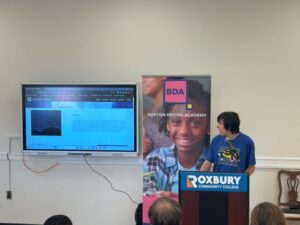
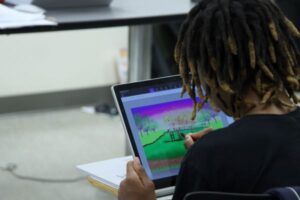
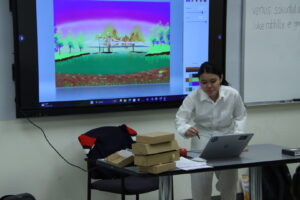
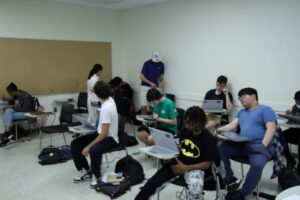
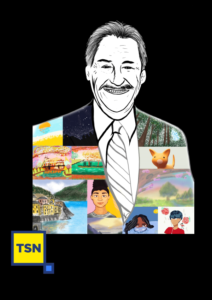
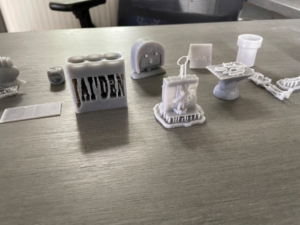
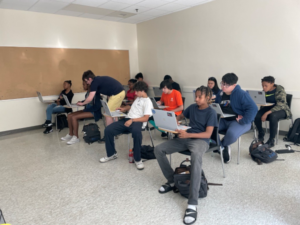
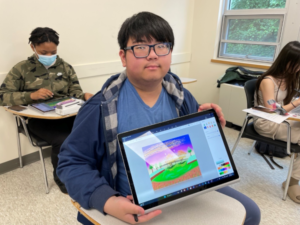
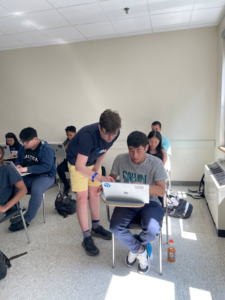
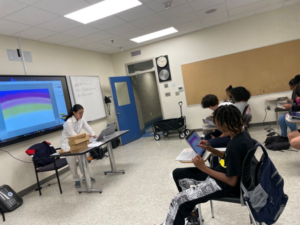
Digital Design Intensive (DDI) is a project-based program to prepare students participating in digital and visual communications career to technology educational pathways. Participating students will be exposed to digital and product design creation platforms during this three-module program including creating a personal brand and program portfolio website while learning social media graphic design, 3D modeling, and digital sketching. Students will be taught to utilize small business approved open-source platforms such as Wix, Canva, TinkerCAD, Paint 3D, and Google Sites.
Elevating Agriculture Technology (EAT)
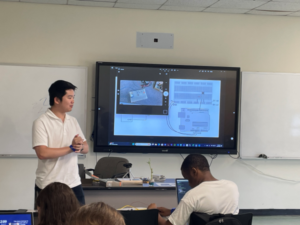
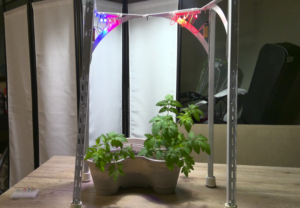
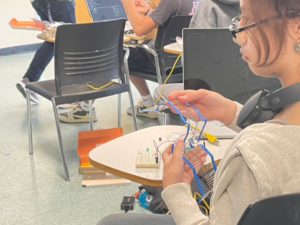
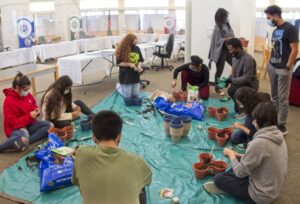
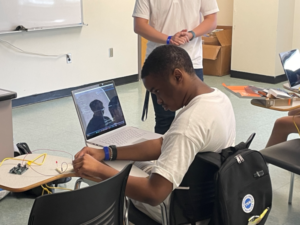
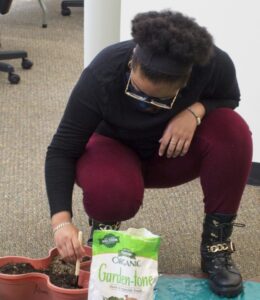
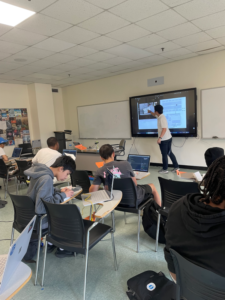
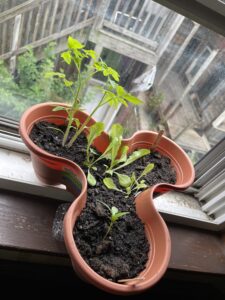
ELEVATING AGRICULTURE TECHNOLOGY (EAT) utilizes a program strategy to combine social challenges in tech education and food management to deal with some of the essential needs within underrepresented communities. The Timothy Smith Network wants students to innovate smart technologies specific to urban agriculture gardening in tandem with growing their own gardens. This dual approach of learning distinguishes EAT from other urban agriculture community and local gardening activities and programs. Students will focus on product design and development to elevate and create personal gardening technologies that incorporate lighting, water, and/or pest control.
Students will gain an awareness of local, state, and national initiatives focused on food insecurity, current urban gardening practices, and participate in a robust guest speaker series that includes community members, medical professionals, urban farmers, and government representatives. They will also participate in design thinking workshops, explore NASA and U.S. Department of Agriculture (USDA) patents, learn product design utilizing CAD software and rapid prototyping techniques, program electronic components, and use 3D printing technologies.
Tech Your Health (TYH)
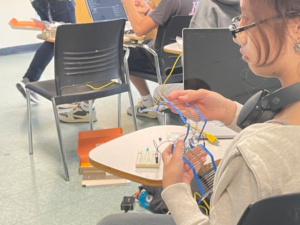
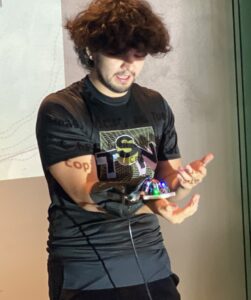
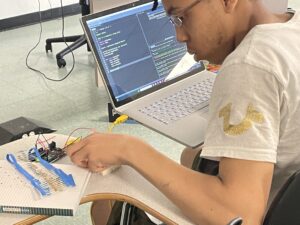
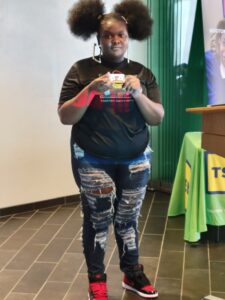
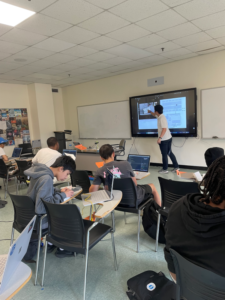
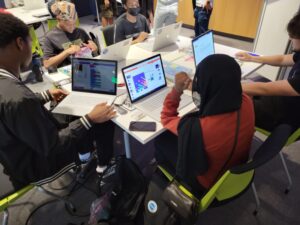
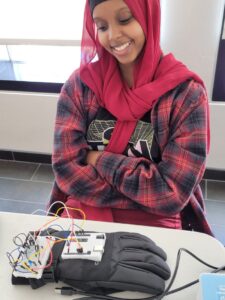
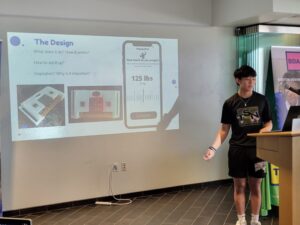
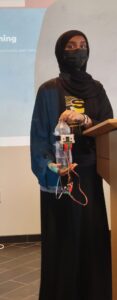
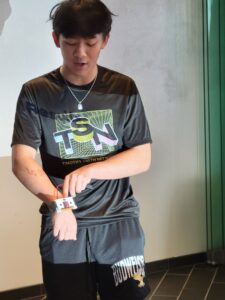
TECH YOUR HEALTH (TYH) Students will learn about the design and technical capacity of wearable fitness devices. TYH’s robust curriculum is structured to give students background information regarding health and fitness technologies, teach product design concepts, interact with community organizations, engage professionals, and help guide students explore higher education and career paths. TYH also aims to expose students to technology innovation occurring in their backyards which includes fields trips to technology companies, and labs in Seaport, Everett, and Cambridge.
MakeCode for Micro:bit
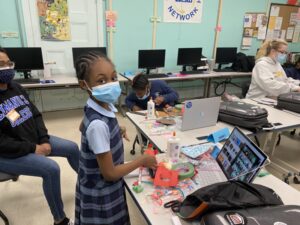
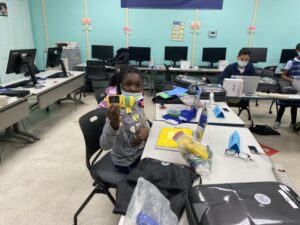
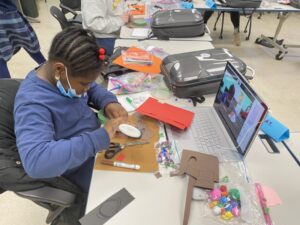
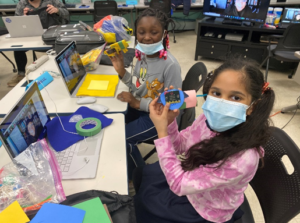
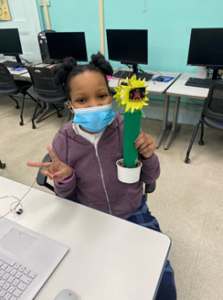
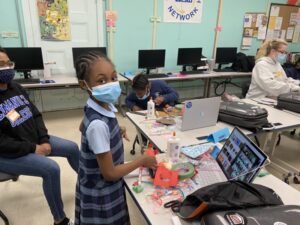
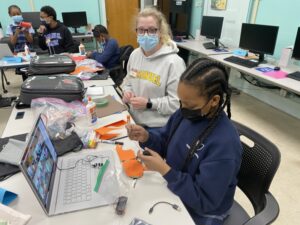
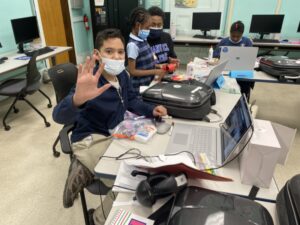
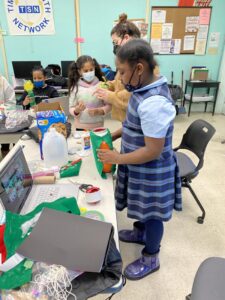
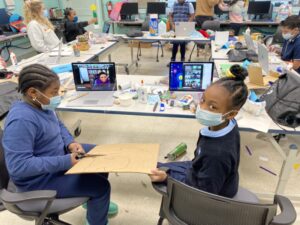
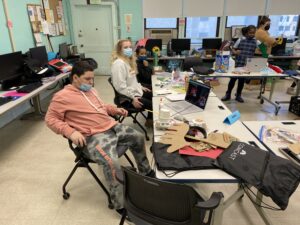
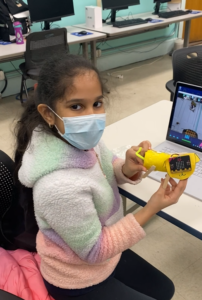
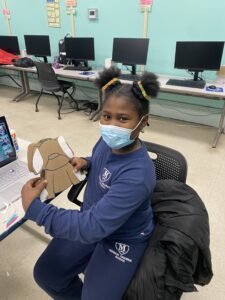
MakeCode Micro:bit is an introduction to coding and computer science course. Student will focus on making and designing by using the new Micro:bit microcontroller board, and Microsoft’s MakeCode block-based coding environment. Students get hands-on experience creating prototypes from recyclable material. They combine their prototypes and micro:bit to create technological gadgets.
Robotics
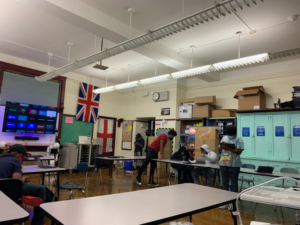
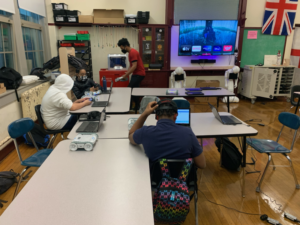
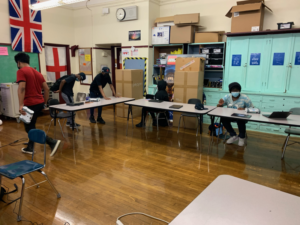
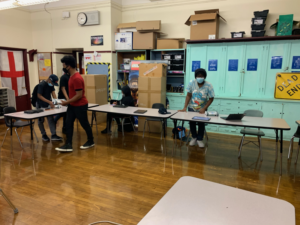
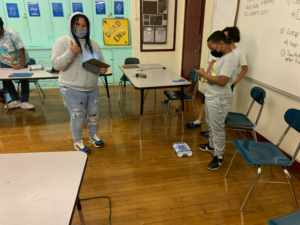
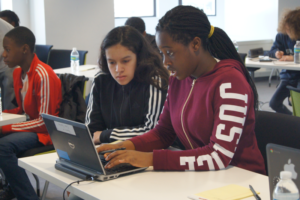
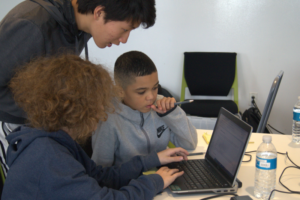
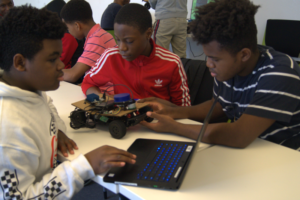
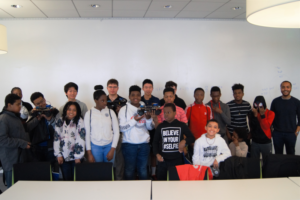
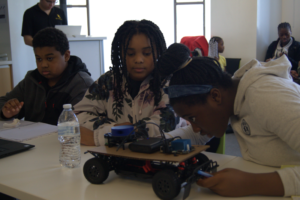
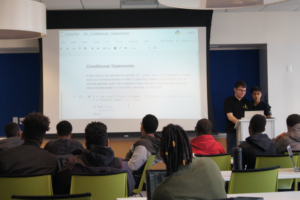
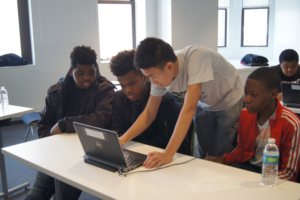
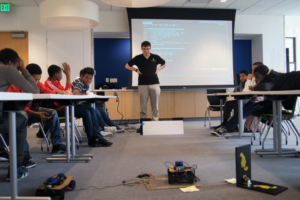
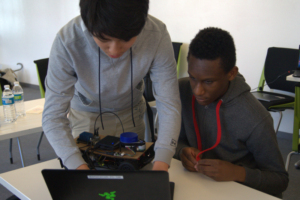
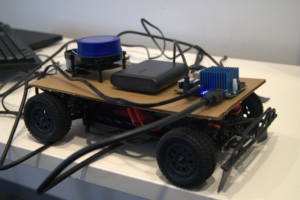
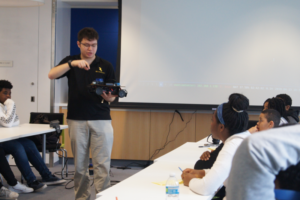
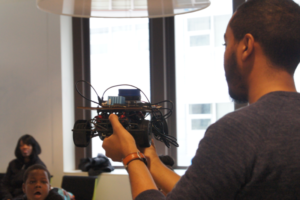
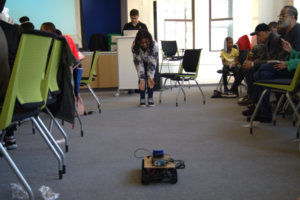
TSN is piloting, in partnership with MassRobotics, a project-based middle-school vehicular robot design and develop program.
The goal is to improve students’ confidence in technology exploration, at a developmental age in which Black and Latinx students become disenfranchised with STEM courses. Curricula will be designed to introduce students to technical design concepts utilizing the SPHERO RVR to learn coding syntax, asynchronous programming, mathematic concepts implementation, and customization of an all-terrain vehicular robot.
Technology Literacy
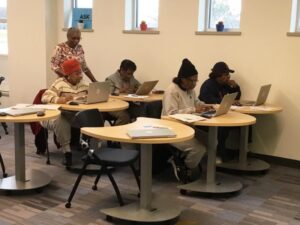
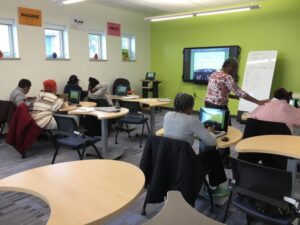
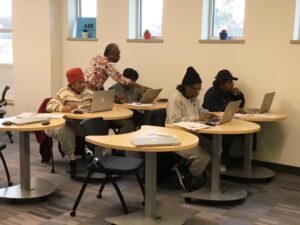
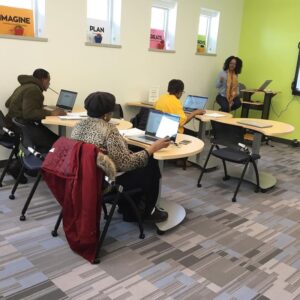
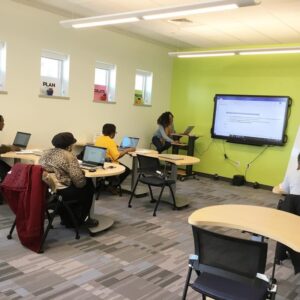
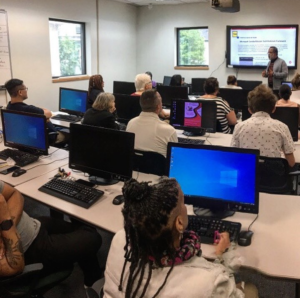
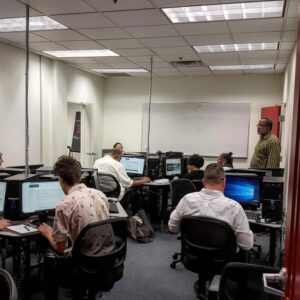
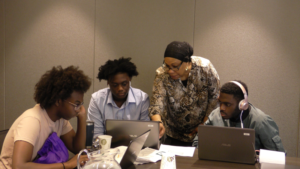
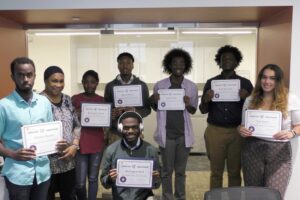
Through our Technology Literacy programs students become familiar with digital information and devices, increasingly essential in a modern learning environment. Students who are technologically or digitally literate is well-versed in thinking critically and communicating by utilizing technology, the students will understand what technology is, how it works, how it shapes society and in turn how society shapes it.
